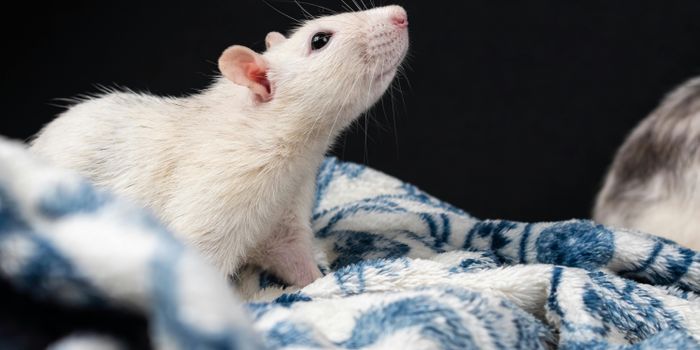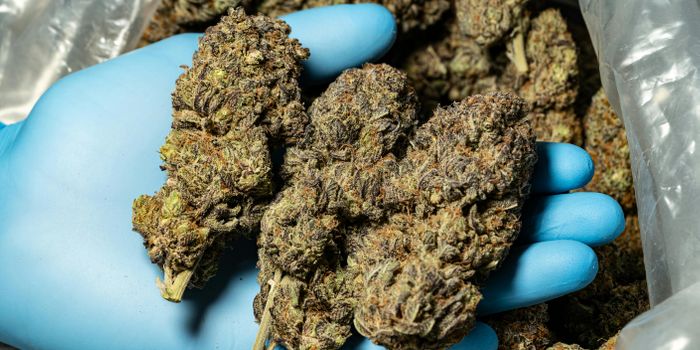Damaging Antibodies Can Lead to Blood Clots in COVID-19 Patients
COVID-19, the illness caused by the pandemic virus SARS-CoV-2, is known to cause blood clots all over the body in some patients. These blood clots can lead to serious complications. Scientists have now learned that the virus triggers the production of an autoimmune antibody that can attack cells. As the body moves to repair the damage caused by these attacks in arteries, veins, and tiny vessels, blood clots can occur. Depending on where they happen, these clots can lead to other problems like the impairment of blood flow in the lungs or strokes.
The autoantibodies identified in this study have been observed before, but usually in an autoimmune disorder called antiphospholipid syndrome. These findings, which have been reported in Science Translational Medicine, were unexpected, said the co-corresponding study author, Yogen Kanthi, M.D., an assistant professor at the Michigan Medicine Frankel Cardiovascular Center and a Lasker Investigator at the National Institutes of Health's National Heart, Lung, and Blood Institute.
"In patients with COVID-19, we continue to see a relentless, self-amplifying cycle of inflammation and clotting in the body," said Kanthi. "Now we're learning that autoantibodies could be a culprit in this loop of clotting and inflammation that makes people who were already struggling even sicker."
"Half of the patients hospitalized with COVID-19 were positive for at least one of the autoantibodies, which was quite a surprise," added co-corresponding study author Jason Knight, M.D., Ph.D., a rheumatologist and associate professor of internal medicine at Michigan Medicine.
This work revealed that around half of the patients they studied, who had serious COVID-19 cases, carried both high levels of these damaging autoantibodies as well as super-activated forms of white blood cells called neutrophils, which can also cause problems. This research team has previously shown that there are high levels of neutrophil extracellular traps (which can help protect against infection but are also involved in autoimmune disorders sometimes) in the blood of patients with severe COVID-19.
When a mouse model was exposed to a combination of these super-activated neutrophils and the autoantibodies, serious blood clots occurred.
"Antibodies from patients with active COVID-19 infection created a striking amount of clotting in animals - some of the worst clotting we've ever seen," Kanthi said. "We've discovered a new mechanism by which patients with COVID-19 may develop blood clots."
Now the research team wants to investigate whether severe COVID-19 cases might be improved if these autoantibodies are eliminated or blocked.
"We know people with the highest levels of autoantibodies did worse in terms of respiratory function, and the antibodies caused inflammation even in healthy cells," said the first author of the study Yu (Ray) Zuo, M.D., an assistant professor of internal medicine and a rheumatologist at Michigan Medicine.
More work will be needed before we know if such a treatment might work. "We don't yet know what is triggering the body to produce these antibodies, so the next step would be additional research to identify the triggers and the targets of the antibodies," added Knight.
This study also shows that there could be drawbacks to the use of convalescent plasma as a COVID-19 treatment, but again, more research is needed to understand the risks.
"We're now investigating how long these antibodies remain in circulation after recovery from the novel coronavirus," Knight said.
Right now, the team is also assessing whether an anti-clotting agent called dipyridamole can reduce clots in COVID-19 patients.
"Dipyridamole is an old drug that is safe, inexpensive, and scalable," Kanthi said. "The FDA approved it 20 years ago to prevent clotting, but we only recently discovered its potential to block this specific type of inflammation that occurs in COVID."
Sources: AAAS/Eurekalert! Via Michigan Medicine - University of Michigan, Science Translational Medicine









